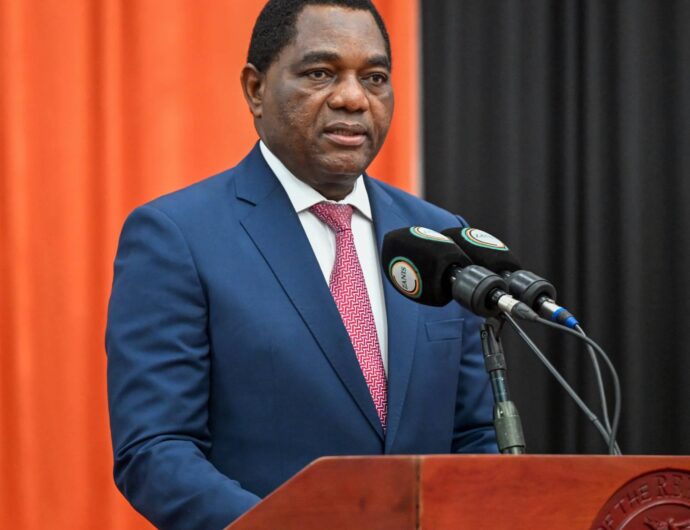World Wide Fund Zambia (WWF) says it acknowledges the tough decisions government has to make in response to the current drought and future projected climatic change impacts on Zambia’s major rivers.
Government proposed Luapula river to Kafue River Interbasin Transfer (IBT) as a solution to tackle Zambia’s drought situation for food and energy security.
In a statement to RCV News in Lusaka today, WWF Chief Conservation Officer, Moses Nyirenda has called for wider consultation and a full social, economic and environmental impact assessment of the proposed development.
“Addressing issues such compromised hydro electricity generation capacity which has led to prolonged power outages, water scarcity, and poor agricultural yields requires a multifaceted approach,” said Mr. Nyirenda.
Meanwhile, Mr. Nyirenda highlighted that the energy deficit is one of the main reasons for the IBT and that the government should consider accelerating investment in other renewable energy sources such as solar and wind, which can be developed quickly and will help to reduce the dependence on hydropower.
Mr. Nyirenda has called for urgent investment in restoring and protecting rivers and wetlands, including the headwaters such as the Kafue River, to enhance water flows and climate resilience.
He has also called on the government to allocate more funds to the restoration of degraded water bodies such as wetlands, rivers, and streams, and to actively stop or prevent the encroachment of water recharge areas and water bodies that compromise water security at community, district, and national level as first steps.
By Margaret Mwanza




